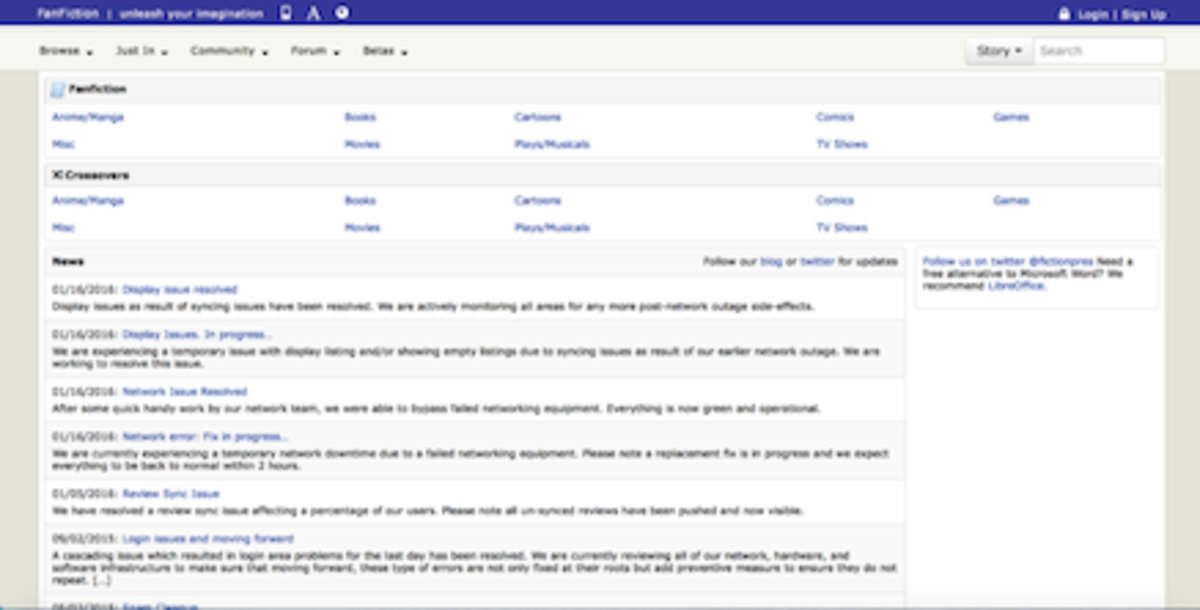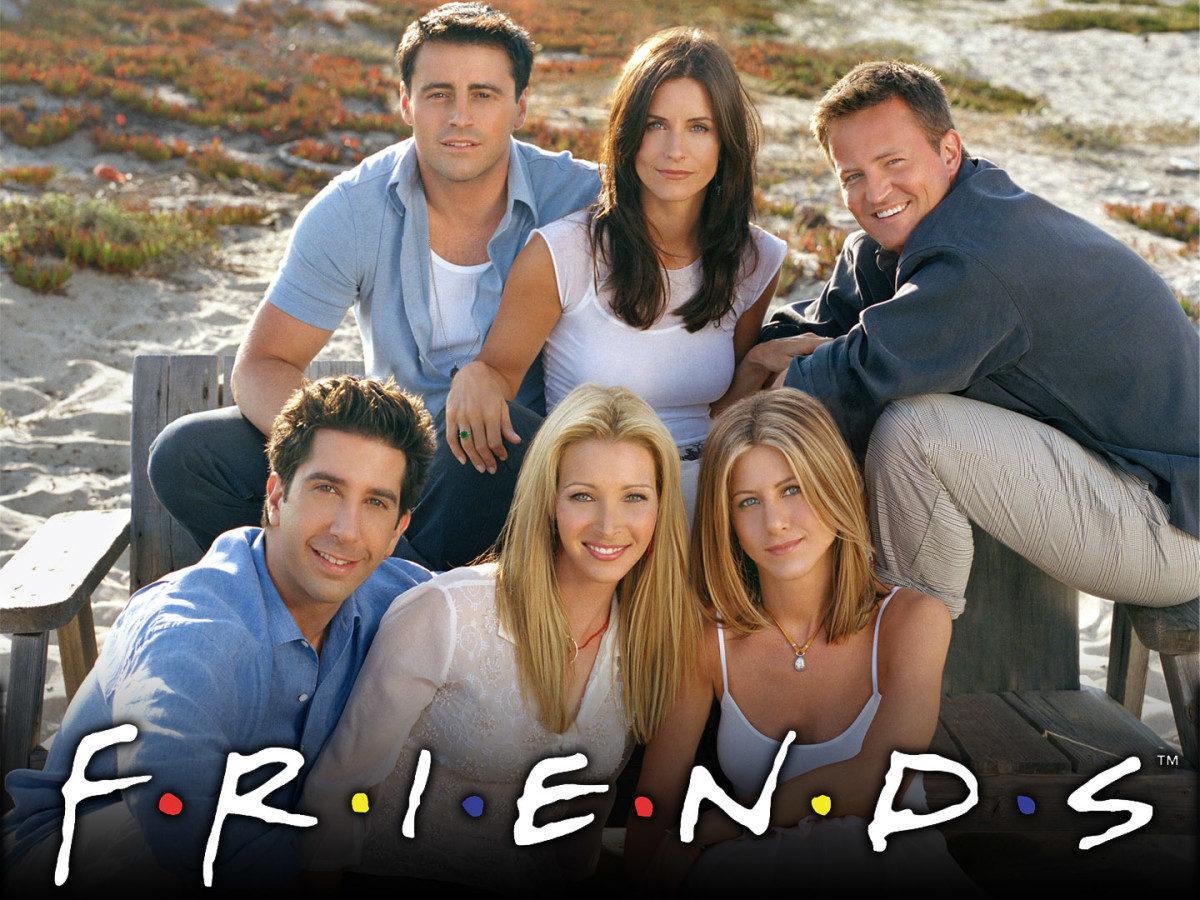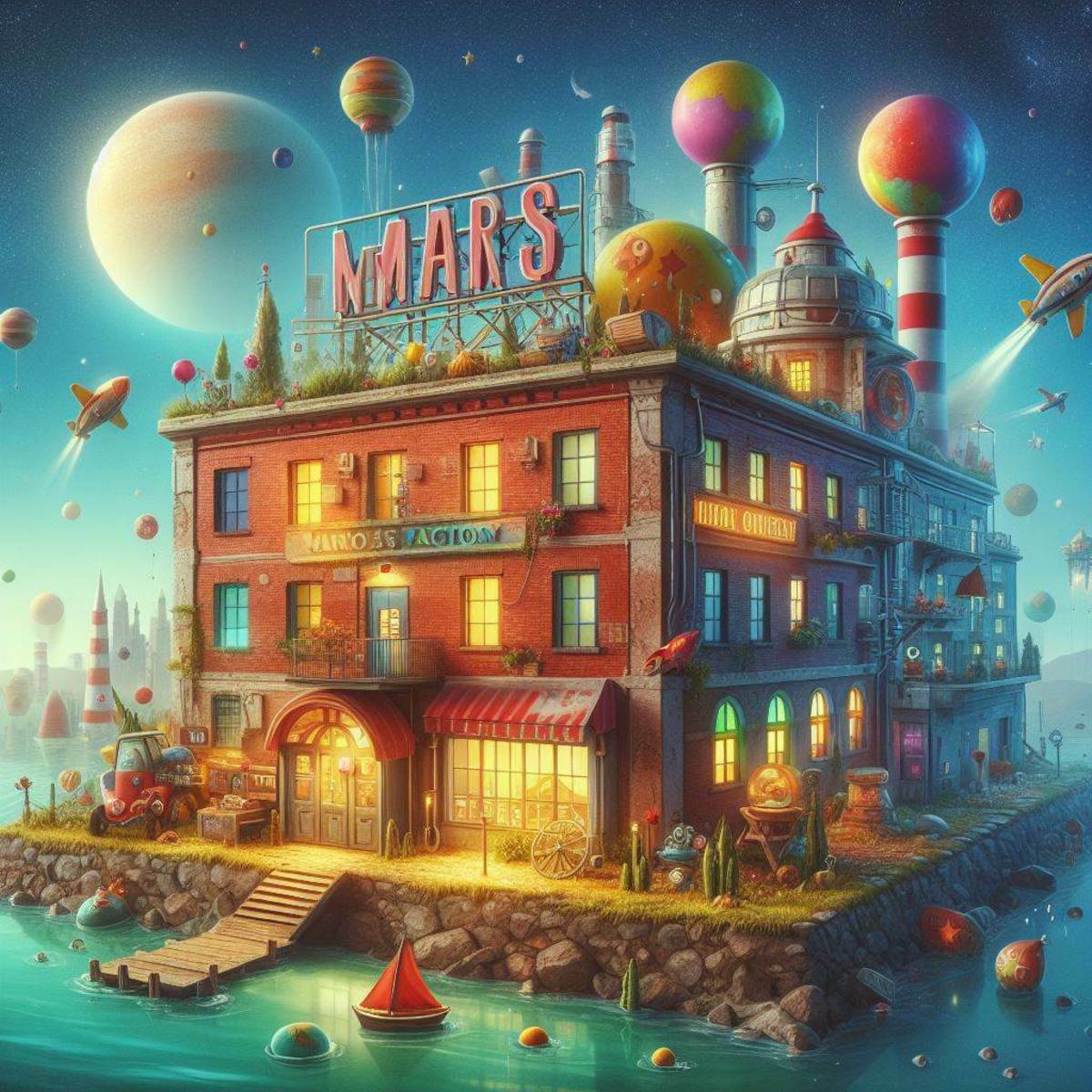- HubPages»
- Books, Literature, and Writing»
- Commercial & Creative Writing»
- Creative Writing
The Basics of Fanfiction

Fanfiction is a popular but often secretive and poorly understood hobby.
Even the definition of fanfiction is controversial. Wikipedia offers as good a definition as any - "Fan fiction is a broadly defined term for fiction about characters or settings written by admirers of the original work, rather than by the original creators" - but then proceeds to go on for hundreds of words about the differing concepts that exist even within the community of fanfiction writers.
My favorite of such concepts, one popularized by "aca-fan" Henry Jenkins, views fanfiction as an extension of the oral storytelling tradition handed down from pre-literate times into literate societies and now into the computer age. The oral traditions of the past were shared stories, created by one person, told and retold, changed and expanded by others, until they passed into our cultural consciousness as myths, legends, and folklore.
By this definition, many seminal works of Western literature could be considered a form of fanfiction. Even Shakespeare borrowed plots from other authors, and retellings of myths and historical events alike are a longstanding part of literary culture. Other deriviative works, such as Jean Rhys's Wide Sargasso Sea, a prequel/retelling of the events of Jane Eyre from the perspective of Rochester's mad wife, can be even more readily recognized as a form of fanfiction, as can works in shared universes such as Lovecraft's Chthulu mythos.
Modern copyright law has complicated this process; however, fanfiction remains fundamentally transformative in nature. It takes a set of characters or scenarios created by one person and expands upon them, perhaps narrowing the original to focus on aspect of the story, perhaps expanding it by focusing on the background of a minor character, or what happened to the hero after the story is over.
Three Articles That Get It
- The Boy Who Lived Forever - TIME
Inside the alternate universe of fan fiction, where Harry Potter's story never ends - Move Over Alpha Geeks, Here Come the Fangrrls
Thousands of women gather for a sci-fi convention, and they have a pretty great life, thanks very much. - For the Love of Fan Fiction
Every time I have read an article about fan fiction it has highlighted the fact that it is a vast factory of weird sex dreamed up by peculiar people.
Who Writes Fanfiction?
The popular image of fanfiction is one of pimply teenage boys holed up in their parents' basement, or 13 year old girls writing themselves into the Harry Potter books in order to marry Harry, Ron, Draco, or their other boy of choice.
In fact, the majority of fanfiction is written by adult women aged about 18-45. They range from bored housewives (or busy housewives) to accomplished career women. Many are involved in academia, either as students or professors, and a large percentage have advanced degrees. The one thing they all have in common is love.
Why Write Fanfiction?
Love. Fans love the source material ("canon") so much that they don't want to let it go and as a result, they use fan fiction as a medium of expressing and sharing their love, as a tool for textual, intertextual, and metatextual analysis, as a method of honing their own writing skills, and, yes, often as a form of sexual expression or gratification.
As you'll see, a large percentage of fanfiction (though not all, and the percentage varies from fandom to fandom) focuses on romantic and sexual relationships between characters, and some of it strays far into the realm of erotica. Although fanfiction focusing on canon relationships is not unusual, it is even more common for such fics to focus on "'ships" that do not, and sometimes can not, occur in canon. Generally this is because the fic writer sees chemistry between the characters and wishes to explore it; at other times, the writer may choose a pairing that might seem improbable or outright bizarre even to other fans to write primarily as a method of sexual exploration, or even simple "what if?" curiosity. Would these two characters be able to overcome their differences or would they kill each other within days?
More Fanfiction Terms
The Basic Genres of Fanfiction
Gen, or general fiction, is usually reserved for stories that do NOT focus on romantic or sexual relationships, though under some definitions they may include pairings. Such stories are often, though not always, referred to as "borderline gen" to distinguish them from stories with no pairings at all.
Het stands for "heterosexual," or fics about male/female pairings.
Slash is the term used for fics focusing on homosexual, generally male/male, relationships. (Female/female relationships are generally denoted as femslash or femmeslash.) The term slash refers to the slash used to denote a romantic pairing (now used with both slash and het pairings ) and originated in the 60's when "Kirk/Spock" began to be used as a common term for the romantic pairing of Kirk and Spock in the Star Trek fandom. Slash is hugely popular in most fandoms, for roughly the same reason lesbian porn is popular among straight men. It is especially popular in fandoms that revolve around a so-called "buddy show" or novel, because the men tend to ooze chemistry in such a way that if they were a man and a woman, they would almost certainly be paired romantically in canon. Fans just take it to the next level.
A Few More Popular Fanfiction Genres
AU, or "alternate universe", stories explore what might happen if some aspect of canon were changed. For example, what if Lily and Harry had both survived Voldemort's attack and Harry had not been raised by the Dursleys? Denial fics are a type of AU written to prevent or repair a tragic event in canon, such as a fic in which Sirius Black lives.
Crossover fics put two or more fandoms together. What if Sam and Dean Winchester (Supernatural) teamed up with Faith Lehane (Buffy the Vampire Slayer)?
A lot of PWPs, that's what. PWP stands for "Porn Without Plot" or "Plot? What Plot?" Whatever minimal plot might exist in a PWP fic, it's really just an excuse for two characters to get it on. Dean/Faith, mmmm....
"Popular" is perhaps not quite the right word for Mary Sue/Gary Stu fics, though they are common. Mary Sues and their male counterparts are authorial self-inserts who tend to be improbably beautiful and popular with the opposite sex, and who are often special or uniquely talented in some way. They can frequently be identified by their unusual hair or eye colors. Most older fic writers and readers avoid such fics like the plague, but they're a popular form of wish fulfillment among others, especially young girls, and most ficcers have one or two such stories from their early years tucked away somewhere where it will never see the light of day. Some fans believe canon characters can also be Mary Sues. Anita Blake and James Bond are two commonly cited examples.
Crack, loosely defined, is any fic so far out it reads as though it were written under the influence of drugs. For example, what if Voldemort grew tired of his evil ways and started a band? Voldemort and the Death Eaters! What if the entire cast of The West Wing started talking entirely in limericks? (Okay, maybe that's not SO far-fetched.) The Stargate fandoms are notoriously crack-y (when your canon involves space vampires, I guess a little craziness is expected), and Supernatural has an entire subgenre devoted to Sam Winchester's resemblance to a yak. (It's the bangs.) Crack!fic is often, but not always, humorous.
Bodyswap and genderswap are related genres that sometimes occur in canon (for example, the "Who Are You" episode of Buffy the Vampire Slayer) and are quite popular in fanfiction. Bodyswaps are generally temporary; genderswaps can be either temporary or a subgenre of AU in which a character has always been the opposite sex from canon. Both are popular.
Dark!fic is fic that explores dark themes, such as death, torture, abuse, etc. It is also often used to describe horror fics.
Drabbles are short ficlets of exactly 100 words.
Many fandoms also have unique subgenres, such as the "Laying Low at Lupin's" fics popular among Remus/Sirius slash writers and set during the period between Harry Potter and the Goblet of Fire and Harry Potter and the Order of the Phoenix, after Dumbledore tells Sirius to "lay low at Lupin's."
Authors on Fanfic
- In Praise of Fanfic
Author and Creative Commons proponent Cory Doctorow loves fanfic - In Defense of Fanfiction: Guestblogger Justin Goes Robin Hobbnobbing
An answer to Robin Hobb's anti-fanfic rant (since taken off her website) that includes the text of the original. I don't agree with all the blogger's points, but it's still an interesting read.
What Do the Creators Think About All This?
Some authors are on record as considering fanfiction the highest of compliments, and a number of published authors started writing fanfiction before moving on to original works. Others do both at once.
Other authors, including J.K. Rowling, Terry Pratchett, and more, tolerate fanfiction without actively encouraging it.
Still others have requested that fanfiction not be written about their works, and these requests are generally honored within the fanfiction community. Some, such as Anne Rice, prefer to retain sole autonomy over their own characters, while others, such as George R.R. Martin, have stated that they simply prefer fans to use their time and creative energies to develop their own stories.
But Isn't It Illegal?
Fan fiction has never been declared illegal in a court of law, and most analyses believe that it would be protected under fair use laws as a form of transformative work, much as parodies are protected.
Most copyright holders tolerate, or even tacitly encourage it, in recognition of the fact that it can be an extraordinarily powerful viral marketing tool. Fanfiction writers are more likely than other fans to buy books, DVDs, licensed merchandise, and other materials related to their canon of choice. Furthermore, many fanfiction readers will follow a favorite author into a new fandom.
Most exceptions occur when a fan attempts to profit from unlicensed fan works, or in cases of direct plagiarism. However, both are strongly discouraged within fanfiction communities, which tend to operate on a gift culture and have communities of "beta" readers, the equivalent of editors for published writers, who check stories both for canon consistency and excessive reliance on canon text.
Where to Read Fanfiction
It isn't hard to find. Just be warned that it follows Sturgeon's Law (90% of everything is rubbish). The 10% is well worth the extra effort to find it, but to do so, it may be wise to seek out a reccer or two whose taste you agree with to pre-vet stories for you. Most people who have been in fandom for any length of time tend to read almost exclusively fics written or recced by people they know they can trust. This can make it hard for a newbie to break in, but again, the extra effort is worth the reward.
Fanfiction is most commonly based on fantasy and science fiction books and television shows or movie series, though you can find fanfiction centered on every genre you can imagine. As of this writing, popular fandoms include Harry Potter, Supernatural, Stargate Atlantis, Doctor Who, Battlestar Galactica, anything ever written by Joss Whedon, anime/manga, and the old classics Star Trek and Star Wars.









